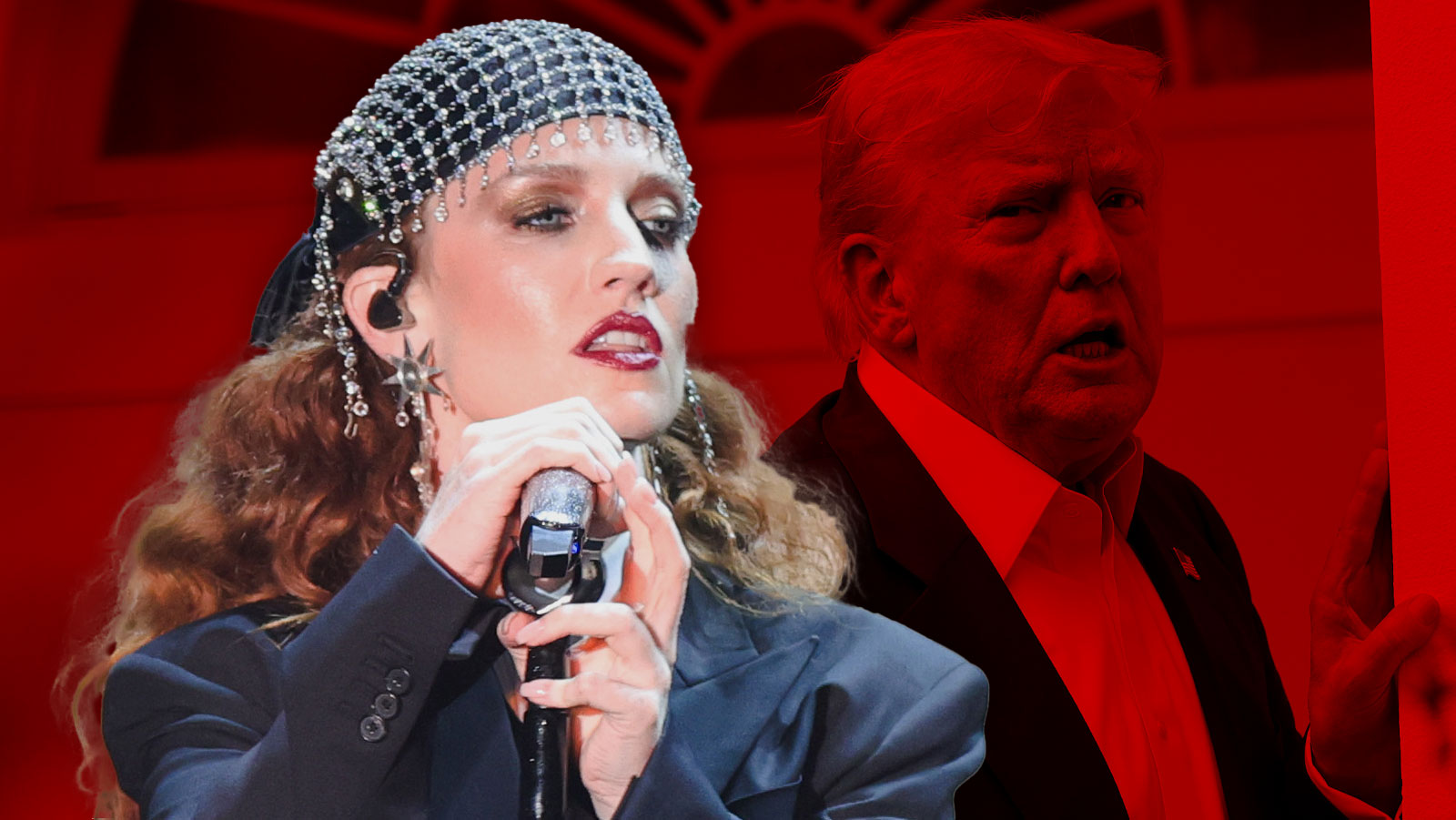In a significant cultural and political clash, British pop sensation Jess Glynne has publicly condemned Donald Trump’s White House for its unauthorized use of her music in a video promoting Immigration and Customs Enforcement (ICE) deportations. The artist expressed profound outrage over the controversial social media post, asserting that the administration’s actions directly contradict the core message of her artistry.
The contentious video, disseminated via the official White House X account, leveraged a viral social media trend known as the “Jet2 Holiday” sound, which features Glynne’s popular track, “Hold My Hand.” The administration twisted the lighthearted commercial jingle into a stark message: “When ICE books you a one-way Jet2 holiday to deportation. Nothing beats it.” This adaptation immediately drew ire for its perceived callousness regarding a sensitive subject.
Glynne, known for her uplifting and inclusive musical themes, swiftly took to Instagram to denounce the White House’s appropriation. “This post honestly makes me sick,” she wrote, emphasizing her dismay. She further clarified her artistic ethos, stating, “My music is about love, unity, and spreading positivity — never about division or hate,” underscoring the stark ideological disconnect between her work and its use in pro-deportation propaganda.
This music controversy unfolds against a backdrop of intensified White House policy on immigration enforcement under Donald Trump’s second term. Since re-entering office, the former president has made strict immigration enforcement a cornerstone of his agenda, prioritizing measures aimed at accelerating the deportation of undocumented immigrants across the United States.
The aggressive stance on immigration enforcement has ignited widespread public protests and condemnation, particularly in states like California. The strong public reaction led to escalated federal responses, including the deployment of the National Guard and Marines to Los Angeles, demonstrating the volatile nature of the debate surrounding these policies.
Further highlighting the administration’s robust approach, the Department of Homeland Security announced in January a reversal of prior restrictions, ending a policy that limited ICE agents from making arrests at sensitive locations such as houses of worship, schools, and hospitals. This shift signifies a broader and more pervasive effort to enforce immigration laws without the previous caveats.
The incident involving Jess Glynne and the Donald Trump administration’s use of viral content raises critical questions about intellectual property rights and the ethical implications of political entities co-opting artistic creations for messaging that fundamentally opposes an artist’s values. It underscores the potential for cultural works to become unwitting tools in political narratives, sparking significant debate about creative control and public perception.






Leave a Reply